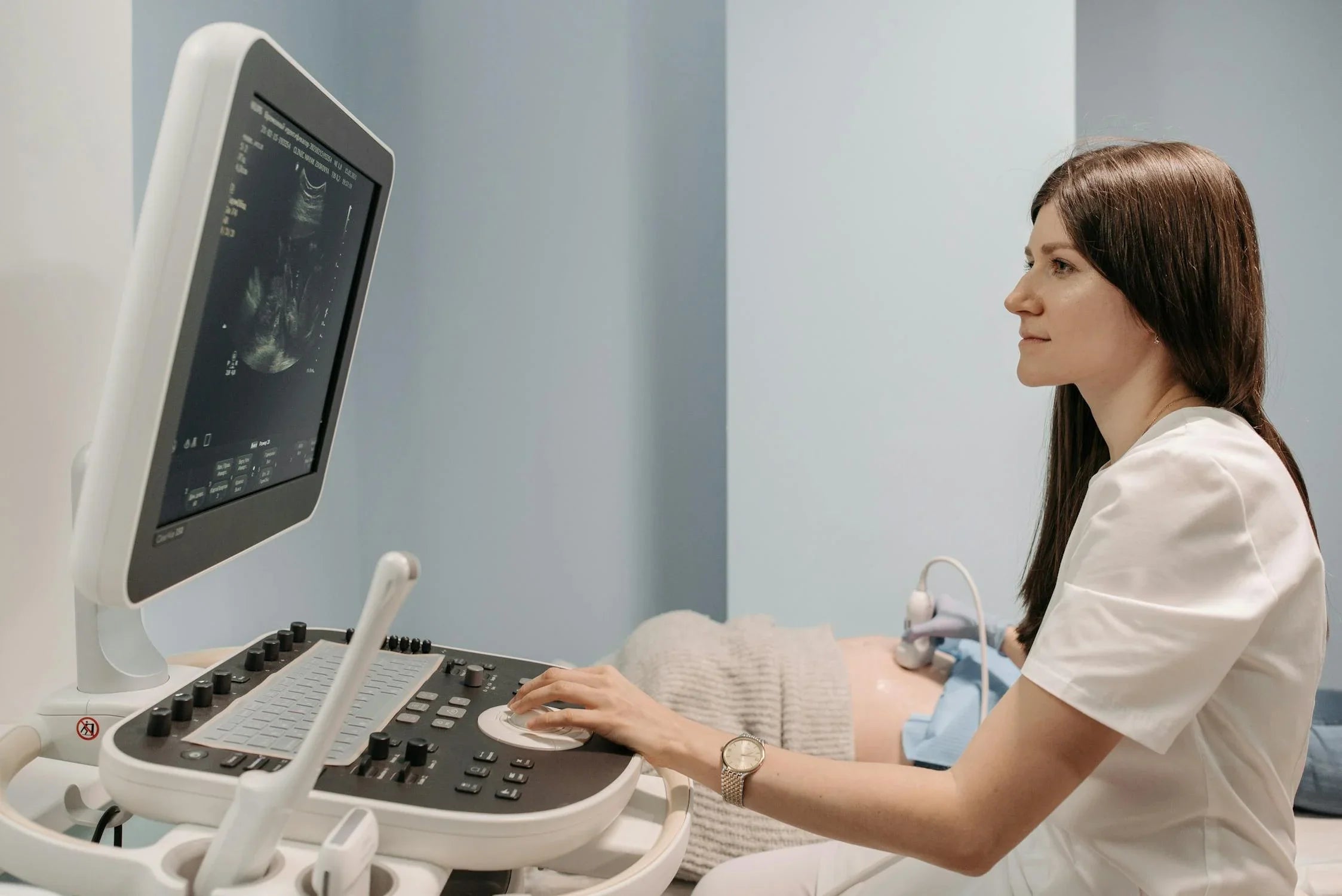Home
Pregnancy, Breastfeeding, and Pumping: The Ultimate Guide for Moms
A Week Late Period but Negative Pregnancy Test: What You Need to Know

A Week Late Period but Negative Pregnancy Test: What You Need to Know
Experiencing a week late period but a negative pregnancy test can be a perplexing and stressful situation. Many women immediately think of pregnancy when their period is late, but a negative test result can leave them wondering what’s really going on. Understanding the potential reasons behind this occurrence can help you take the right steps toward managing your health.
Possible Reasons for a Late Period
There are several factors that can cause a delay in your menstrual cycle, even if you’re not pregnant. Here are some of the most common reasons:
Hormonal Imbalances
Hormones play a crucial role in regulating your menstrual cycle. Any disruption in the balance of hormones like estrogen and progesterone can lead to a late period. Conditions such as polycystic ovary syndrome (PCOS), thyroid disorders, and even stress can cause hormonal imbalances.
Stress and Lifestyle Factors
Stress is a significant factor that can affect your menstrual cycle. High levels of stress can lead to the release of cortisol, which can interfere with the production of reproductive hormones. Additionally, significant changes in weight, excessive exercise, and poor diet can also impact your cycle.
Medications and Medical Conditions
Certain medications, including birth control pills, antipsychotics, and chemotherapy drugs, can affect your menstrual cycle. Additionally, medical conditions such as diabetes, celiac disease, and other chronic illnesses can also lead to irregular periods.
Perimenopause
For women in their late 30s to early 50s, perimenopause can be a reason for irregular periods. This transitional phase before menopause can cause fluctuations in hormone levels, leading to missed or late periods.
When to Seek Medical Advice
While a week late period with a negative pregnancy test is often not a cause for immediate concern, there are situations where you should consult a healthcare provider:
- If you experience persistent irregular periods
- If you have other symptoms such as severe pain, unusual bleeding, or signs of infection
- If you have a history of medical conditions that could affect your menstrual cycle
Your healthcare provider may recommend tests to check for hormonal imbalances, thyroid function, or other underlying conditions that could be affecting your cycle.
Managing Your Menstrual Health
Taking proactive steps to manage your menstrual health can help regulate your cycle and reduce the stress associated with irregular periods. Here are some tips:
Maintain a Healthy Lifestyle
Eating a balanced diet, exercising regularly, and managing stress can have a positive impact on your menstrual cycle. Avoid extreme diets or excessive exercise, as these can disrupt your hormonal balance.
Track Your Cycle
Keeping a record of your menstrual cycle can help you identify patterns and notice any irregularities. There are various apps and tools available that can help you track your cycle effectively.
Consider Hormonal Therapy
If hormonal imbalances are the cause of your irregular periods, your healthcare provider may recommend hormonal therapy. This could include birth control pills, hormone replacement therapy, or other medications to regulate your cycle.
Stay Informed
Educating yourself about your body and menstrual health can empower you to make informed decisions. Stay updated with the latest information and consult reliable sources for any concerns you may have.
Experiencing a week late period but a negative pregnancy test can be a confusing experience, but it’s important to remember that there are many potential reasons behind it. By understanding the possible causes and taking proactive steps to manage your health, you can navigate this situation with confidence. If you have any concerns or persistent symptoms, don’t hesitate to seek medical advice to ensure your well-being.
Share

